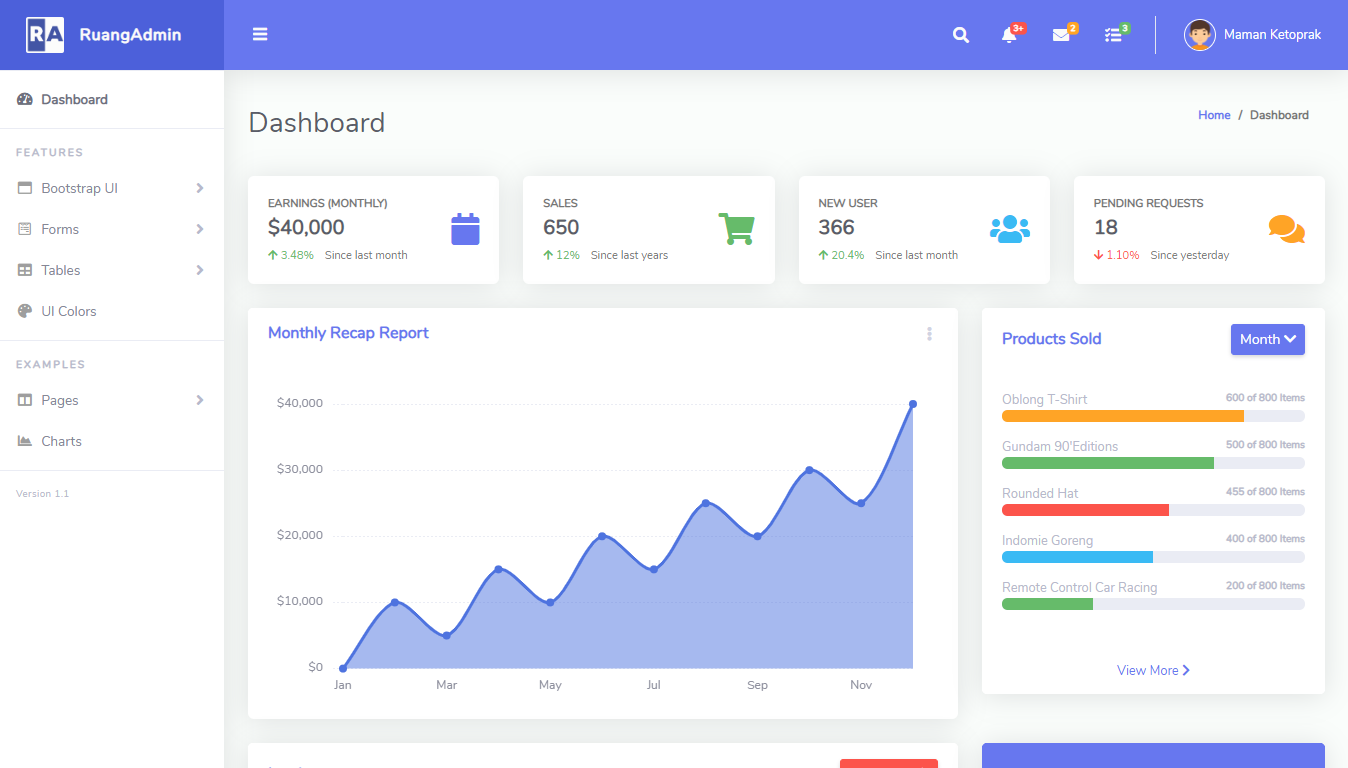Optimizing Performance with Compiled Queries in LINQ
By Tan Lee Published on Feb 22, 2025 179
Compiled queries can significantly optimize performance by storing the compiled query plan in memory, which prevents the need for repeated query compilation and optimization.
In this article, we will delve into compiled queries, how to implement them, and when to leverage them for maximum performance benefits.
What are Compiled Queries?
Compiled queries in LINQ allow developers to pre-compile LINQ queries into executable delegates, which can then be executed multiple times with different parameters. This pre-compilation bypasses the need for LINQ to dynamically generate SQL queries each time, leading to reduced overhead and better performance especially for queries that run frequently or have complex structures.
Writing a Compiled Query
To write a compiled query in LINQ, we use the CompiledQuery.Compile() method along with lambda expressions.
using System.Data.Linq;
using System.Linq;
// Define a compiled query
static Func<DataContext, string, IQueryable<Order>> compiledOrderQuery =
CompiledQuery.Compile((DataContext db, string customerName) =>
from o in db.Orders
where o.Customer.Name == customerName
select o);
// Usage of the compiled query
using (DataContext db = new DataContext())
{
string customer = "Alice";
IQueryable<Order> query = compiledOrderQuery(db, customer);
var orders = query.ToList();
foreach (var order in orders)
{
Console.WriteLine($"Order ID: {order.OrderId}, Total: {order.TotalAmount}");
}
}In this example:
- We define a compiled query using
CompiledQuery.Compile(), which includes the query logic as a lambda expression. - The compiled query requires a
DataContextand any other parameters needed for execution. In this example, the query accepts thecustomerNameto filter orders based on the customer’s name. - After defining the query, we invoke it with the necessary parameters and execute it, retrieving and processing the data.
When Should You Use Compiled Queries?
Compiled queries are particularly effective in these situations:
- Frequently Executed Queries: Use compiled queries when the same query needs to be executed many times across the application. Pre-compiling the query reduces the overhead of compilation each time it’s run.
- Complex Queries: Queries with intricate filtering, joins, or large datasets benefit from compiled queries.
- Performance Optimization: For performance-critical sections of the application, pre-compiling queries can help reduce overall execution time and enhance responsiveness.
Compiled queries are a powerful tool in LINQ that can significantly improve the performance of applications by caching the execution plan of frequently executed or complex queries. By pre-compiling these queries, developers can minimize the time spent on query compilation and optimization, which translates to faster query execution and better application performance.
Understanding how and when to use compiled queries effectively allows developers to make significant performance improvements in their LINQ-based applications.





